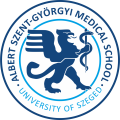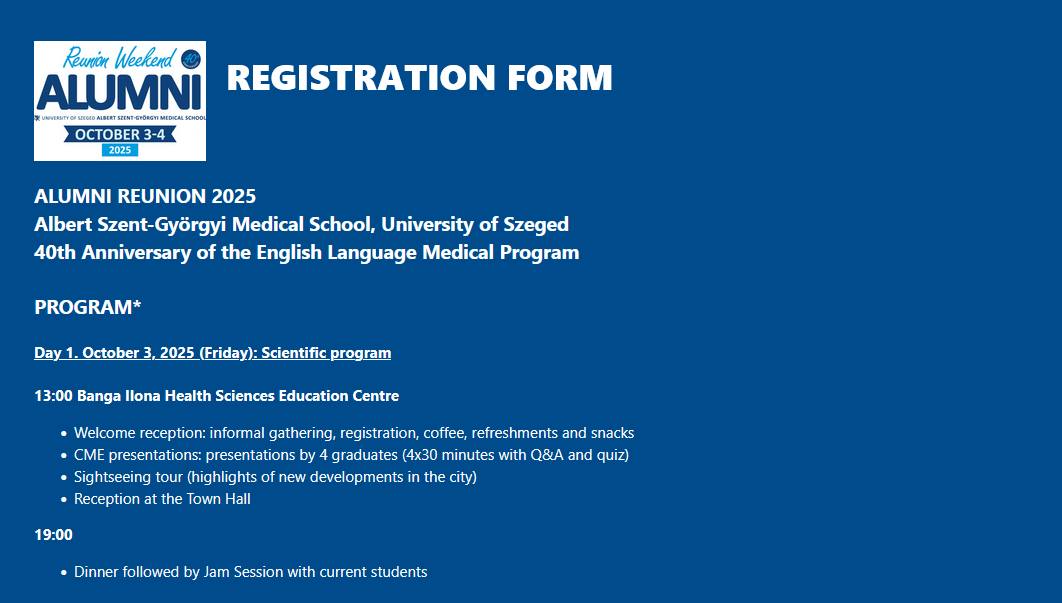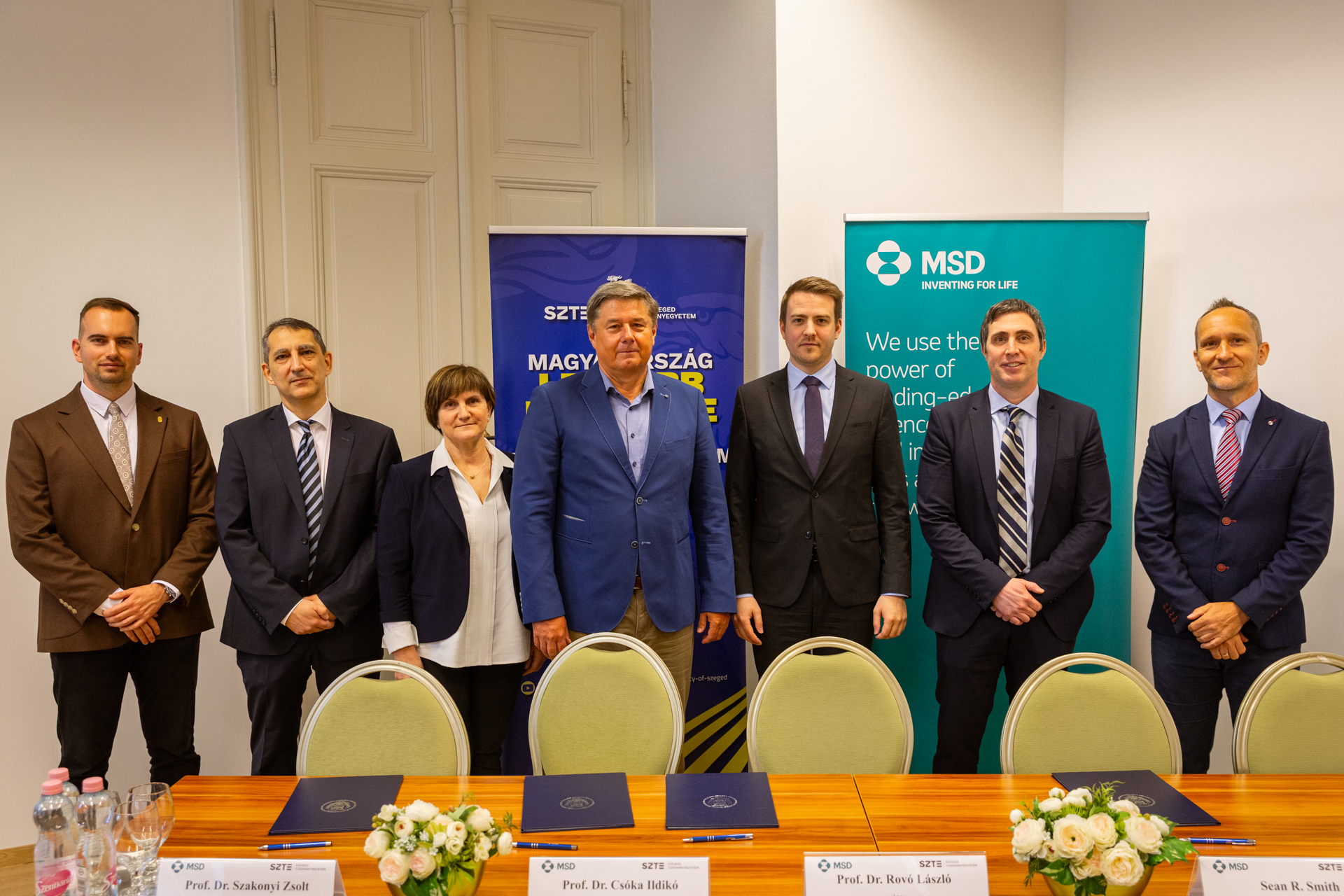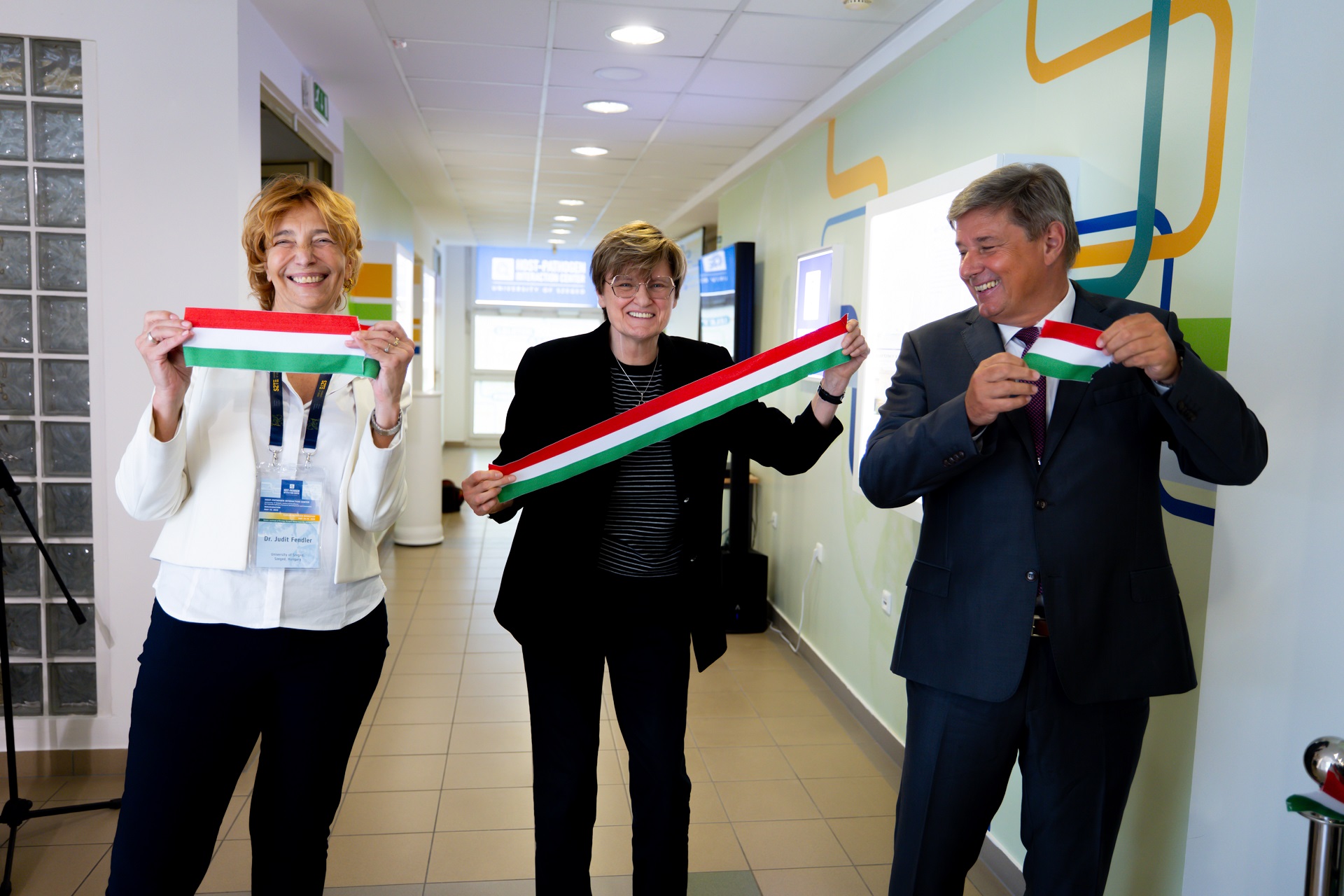University of Szeged
Albert Szent-Györgyi Medical School
Foreign Students' Secretariat
Your Education. Our Mission.

Academic Calendar
Academic Year 2022/2023*
1st semester
Examination period: December 12 – December 23, 2022 and January 2 – January 28, 2023
Repeat examination period: January 30 – February 4, 2023
Winter break: December 24, 2022 – January 1, 2023 (The university is closed: There are no examinations.)
2nd semester
Examination period: May 15 – June 24, 2023
Repeat examination period: June 26 – July 1, 2023
Spring break: April 6 – April 11, 2023
Holidays: March 15, May 1, May 29
*Please note that these dates are subject to change.
For more important dates and deadlines please check the University schedule and the information sheets.






